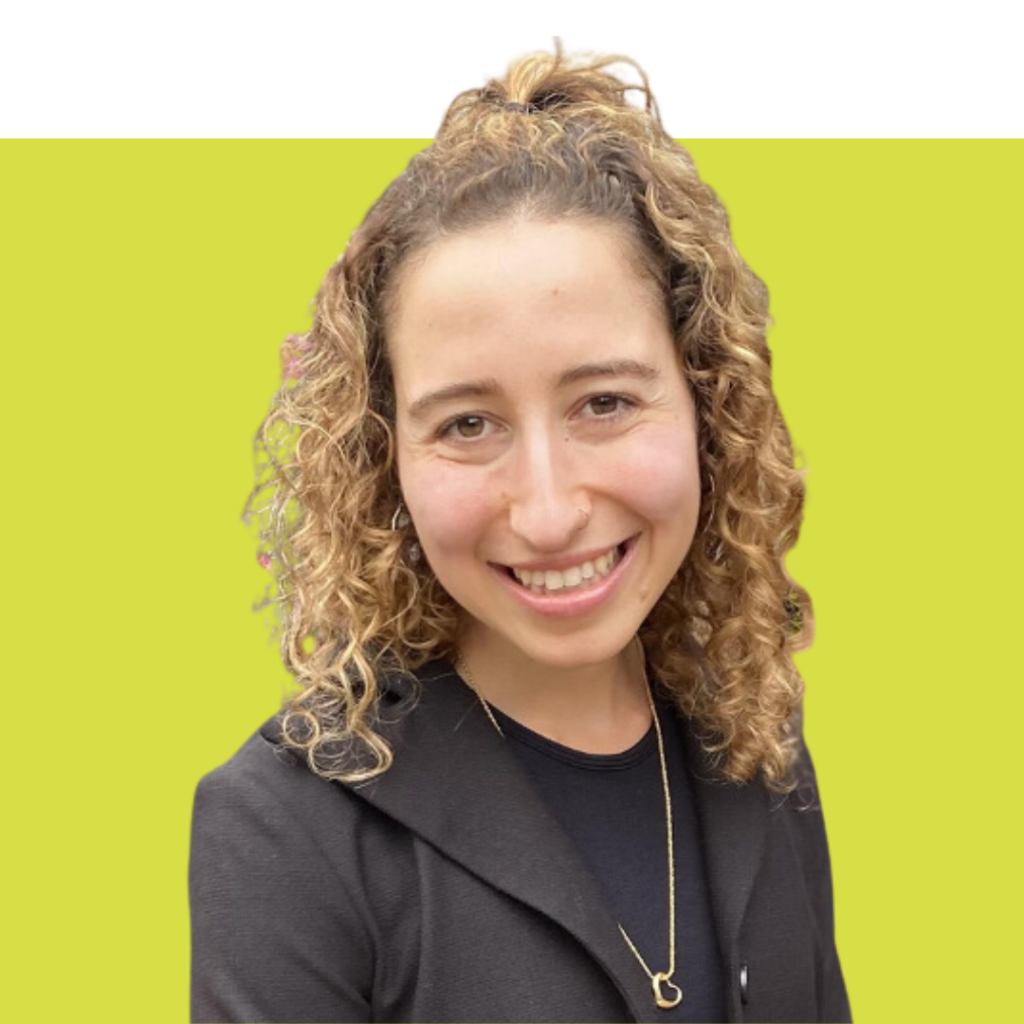
Madeline Frank is a second-year student in the dual degree master’s program in Social Work and Public Health at UNC-Chapel Hill, where she is also a COE-funded trainee. She has clinical social work and public health experience and is a research assistant at UNC’s Injury Prevention Research Center. Her research and practice interests include material hardship, the health impacts of childhood trauma, and integrating social workers into healthcare teams. Follow Madeline on LinkedIn!
In the summer of 2022, I had the fortune of working on a collaborative project between UNC-Chapel Hill’s Injury Prevention Research Center (IPRC) and the North Carolina Department of Health and Human Services’ Injury and Violence Prevention Branch. The project was an environmental scan of substance use-related pre and post-arrest diversion programs in all 100 counties in North Carolina. The aim was to understand the landscape of these programs with the goal of having a stronger evidence base for how to best use the $26 billion in Opioid Settlement funds that will become available to the state of NC and local entities.
For those not familiar with substance use-related diversion programs, these programs aim to prevent someone who comes into contact with law enforcement for a substance-use-related incident from either going to jail or prison in the first place (pre-arrest) or from serving a prison sentence (post-arrest).
There were so many aspects of this work that fascinated me, but the one that kept coming up again and again, as I spoke to hundreds of people across NC over the course of the summer, was the importance of programs and policies that support the well-being of individuals and communities, interdisciplinary collaboration, and grounding public health interventions in the voices and needs of those most impacted. This was especially true as I learned about family drug treatment courts (FDTC).
FDTCs operate out of abuse, neglect, and dependency courts and serve Department of Social Services (DSS)-involved parents/guardians who struggle with severe substance use disorders. The court operates in a phased system, and graduation requires extensive effort on the part of the parent: substance use and mental health treatment, frequent drug screenings, parenting classes, supervised visitations, court hearings, job and housing attainment, etc., for between 12 to 18 months. Failure to complete all phases results in being labeled “noncompliant” and program removal. If a parent graduates, reunification is most often the result, but for many (completion rates of these courts were around 67% at maximum), graduation never occurs, and these parents may never be reunited with their children.
Prior to beginning graduate school, I worked in case management in public child welfare in Philadelphia. My biggest takeaway was that: most parents involved with DSS do the absolute best they can for their children and are not bad parents. What causes their DSS involvement, most often, is through no fault of their own but is rather the result of trauma, historical and present-day oppression, and systemic failures. This realization is one that I kept coming back to in my diversion work.
Many of the parents involved in FDTC—similar to the families I worked with in Philadelphia—live in areas with little to no public transportation, poor broadband internet access, and few financial and familial resources. For these reasons and many others, traveling multiple times per week to submit drug screens, attend individual and group therapy sessions, go to parenting classes and court hearings, and holding down a stable job and housing is not just a challenge—it is nearly impossible. While I do not mean to suggest that parents involved in FDTC do not have the agency or ability to complete all steps necessary to graduate from the court, not providing the structures and support to do so oftentimes means setting them up for failure.
This leads me to my last point: if programs like FDTC exist, there needs to be structural support, interdisciplinary collaboration, and programs and policies rooted in the voices of those most impacted to do so. Families need reliable transportation options, safe and affordable choices for housing, childcare support, insurance that covers mental health, and substance use treatment—the list goes on. Parents need excellent communication and understanding between all members of their case management and treatment team, and for everyone to be on the same page. Most importantly, programs like FDTC need to be rooted in the needs, desires, and assets of those they aim to serve. To my knowledge, there is no such community collaboration occurring.
This is, of course, not the job of one person or community. It is the job of on-the-ground public health professionals, social workers, lawyers, doctors, judges, community health workers, educators, and city planners. It is the job of local, state, and federal policymakers. It is the job of DSS staff and administration. In sum, it is the job of everyone who makes up the fabric of this country’s social safety net, designs, implements, and evaluates these programs.
I am certainly not saying that the folks who run FDTC and similar programs do not have good intentions or do not want to help families. On the contrary; I experienced firsthand that they often have the best of intentions. However, I believe that the low graduation rates from these programs is a reflection of how they are operating within a fundamentally broken and oftentimes siloed system. In reflecting upon my work with FDTC and diversion programs more broadly, I learned that interdisciplinary collaboration and grounding programs within community context and voices are not just best practices for public health work, but crucial to its success. FDTCs are but one microcosm of this lesson.
References
- North Carolina Opioid Settlements. Accessed April 27, 2022. https://ncopioidsettlement.org/about-the-settlements/
- Frank M, Filene E, Austin A, Remch M, Naumann R. (2022, August). Environmental Scan of Substance Use-related Pre- and Post-Arrest Diversion Programs in North Carolina. Report for the NC Division of Public Health under CDC-funded Opioid Data to Action Grant. https://drive.google.com/file/d/1B-J31IiT5tfNeCIP-5Fpdy1cCZn7PWcU/view

